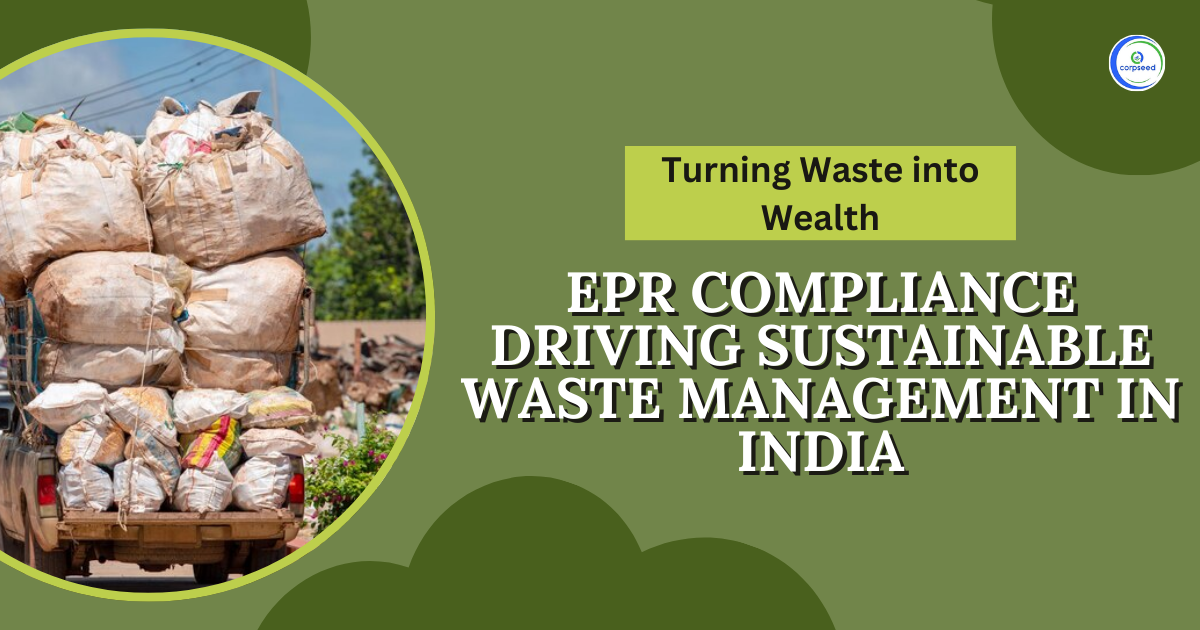EPR In The Management Of Plastic Waste
India is believed to produce 25,000 tons of plastic waste per day. Due to this, plastic is starting to enter the food chain. This can impact human hormones and result in fatal illnesses. Therefore, authorities need to act and rigorously enforce current regulations to address this issue. Due to this, the government implemented the idea of "Extended Producer Responsibility" (EPR) into the regulations on plastic waste management in 2016.
EPR is when a producer is accountable for making sure a product is managed in an environmentally friendly way from start to finish.
Table of Contents
--------------Blog Contact Form-------------
The Plastic Waste Management Rules 2016 were officially announced in March 2016. These regulations pertain to the production, delivery, and retail of brand owners, tote bags, multi-layered plastic sheet packaging, and so on.
The duty of waste producers was mandated for the first time. Offices, commercial establishments, and industries must separate plastic waste at the point of origin, deliver the separated waste, and pay the user fee as per the regulations set by local authorities.
The idea of EPR was brought up in the plastic waste management regulations of 2016, which shifted the responsibility to manufacturers for handling, reusing, recycling, or disposing of products post-consumer use.
Plastic Packaging
The phrase "plastic packaging" encompasses all packaging materials made from plastics to safeguard, maintain, keep, and convey items in diverse manners.
Read Our Blog: Guidelines on EPE for Plastic Packaging Waste
Plastic Extended Producer Responsibility
According to the Plastic Waste Management Rules, producers, importers, and brand owners supplying products in the market are mandated to manage plastic waste from their product packaging under Extended Producers Responsibility. They ought to work together with the local authorities to develop a plan to handle the plastic waste produced by their products.
Applicability of EPR Plastic
The extended producer responsibility guidelines will apply to the entities listed below:
- Manufacturer (M) of plastic packaging: An individual or company that produces or brings in tote bags, layered packaging, plastic film, or equivalent products. This refers to companies or individuals that utilize plastic sheets, similar products, or plastic sheet-made covers or multilayered packaging for wrapping or packaging items.
- Importer (I): Individual who brings in products with plastic packaging like carry bags, multilayered packaging, plastic sheets, etc.
- Brand Owners (BO): This category includes individuals or businesses that market any product using an officially registered brand name or trademark.
- Plastic Waste Processors: This term is used to describe the recyclers and organizations that work on transforming plastic garbage into energy and oil, as well as industrial composting.
Responsibility of PIBOs
PIBOs have certain duties and obligations that they must fulfil. PIBO has the responsibility of
- Sign up on the EPR Portal.
- Turn in their action plan.
- Meet responsibilities about:
- The process of reusing materials for environmental conservation.
- Employing Recycled Material
- Recycle and use again.
- Disposal at the end of life
- Voluntary participation in the gathering and retrieval of the plastics.
- File yearly reports
- Submit evidence of certifications (Plastic credits)
- PIBOs have the option to collaborate with PROs or other organizations in order to achieve their goals, but the PIBO remains solely responsible for reporting and meeting those obligations.
Types of plastic Packaging
The subsequent plastic packaging classifications are included in Extended Producer Responsibility:
- Type I: Stiff plastic containers.
- Category II: Flexible plastic packaging includes single or multiple layers (comprising different types of plastic), plastic sheets, coverings made of plastic sheeting, carry bags, plastic sachets, or pouches.
- Category III: Packaging composed of multiple layers, including at least one layer of plastic and at least one layer of non-plastic material.
- Category IV: includes plastic sheets or similar materials used for packaging, along with carry bags made of compostable plastic.
Targets for Extended Producer Responsibility (EPR)
The goals for all PIBOs (Producer, Importer, and Brand Owner) are established based on categories.
The goal of extended producer responsibility: PIBOs, which include Producer, Importer, and Brand Owners, will provide the Extended Producer Responsibility target in Metric tons (MT) in different categories on the centralized portal created by the Central Pollution Control Board as part of the Action Plan.
Requirement for recycling: The PIBOs must guarantee a minimum amount of recycling (excluding final disposal) of plastic packaging waste gathered as per the Extended Producer Responsibility Target, categorized by type.
End-of-life disposal: It will involve sending only plastics that cannot be recycled for processes such as road construction, waste to energy, waste to oil, and cement kilns according to guidelines set by the Indian Road Congress or Central Pollution Control Board.
According to Rule 5 (1) (b) of the Plastic Waste Management Rules, 2016, producers are required to ensure that plastic packaging waste is disposed of in the specified methods.
Local government should encourage the use of unrecyclable plastic waste for road construction or energy recovery, following guidelines from the Indian Road Congress, to comply with pollution control standards.
Read Our Blog: Plastic Waste Management Rules 2016 Registration for Producers, Importers and Brand Owners
The Procedure of Registration for Plastic Waste
- Signing up for managing plastic waste is available through online registration.
- The company must be registered under a particular category.
- Submitting the required documents through the online platform.
- Submit your application to the appropriate department.
- Appropriate monitoring of the relevant departments.
- If government officials determine that the application and accompanying documents meet the requirements, they will issue the license or certificate.
Conclusion
Finally, if your plastic item falls under EPR, we need to enroll via the CPCB's centralized EPR portal on the Internet. Manufacturers, importers, brand owners, and plastic waste processors of plastic packaging need a Plastic Waste Management Registration Certificate (EPR Registration) from CPCB.
PIBOs and PWPs are required to have EPR registration for plastic waste management from CPCB in order to do business. Plastic waste management registration is achievable by applying through the CPCB's central EPR portal.
EPR Authorization
EPR Registration is done by manufacturers, importers, and brand owners (PIBOs) of electrical and electronic equipments (EEE). The main objective of EPR is to encourage producers or manufacturers to design products that are easier to recycle and dispose of responsibly. EPR applies to various sectors, including electronics, packaging, batteries, and more.
Plastic Waste Management
Plastic Waste Management Authorization is mandatory for Plastic Waste Processors and recyclers to ensure the processing of plastic waste happens efficiently and sustainably and in compliance with the guidelines that CPCB lays down from time to time.
EPR Plastic Registration
EPR for Plastic Waste Management is the mandatory registration for PIBOs with the Central and State Pollution Control Boards as per the scope of their operations. This ensures the fulfillment of EPR obligations and management of plastic waste happens in compliance with the guidelines of CPCB.
This portion of the site is for informational purposes only. The content is not legal advice. The statements and opinions are the expression of author, not corpseed, and have not been evaluated by corpseed for accuracy, completeness, or changes in the law.
BOOK A FREE CONSULTATION
Get help from an experienced legal adviser. Schedule your consultation at a time that works for you and it's absolutely FREE.


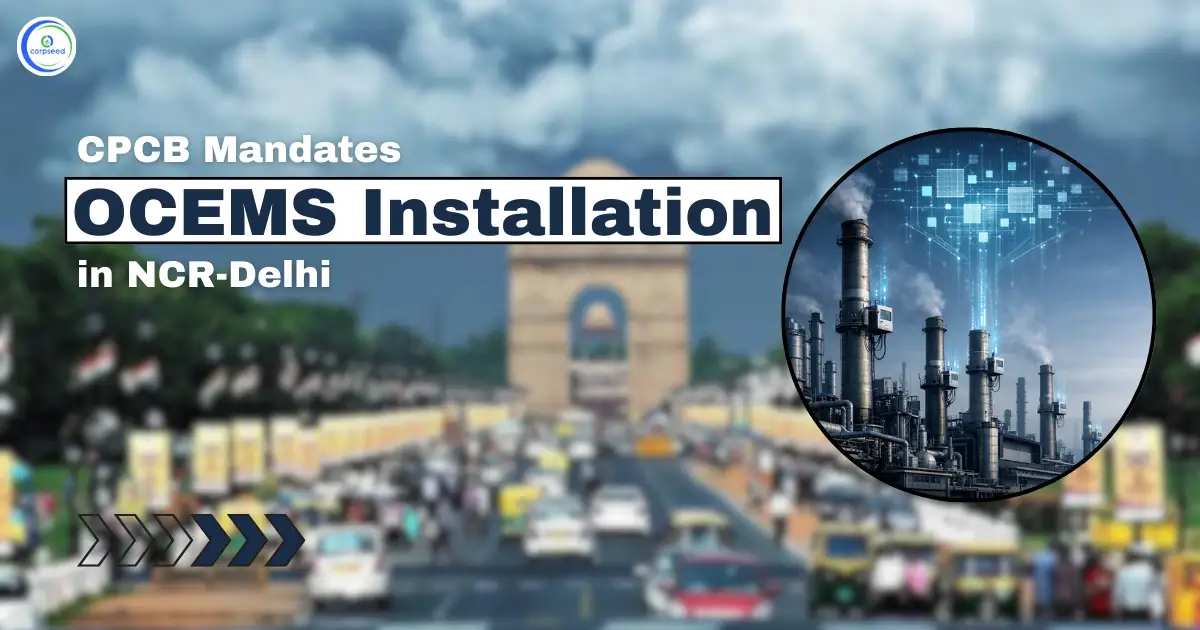
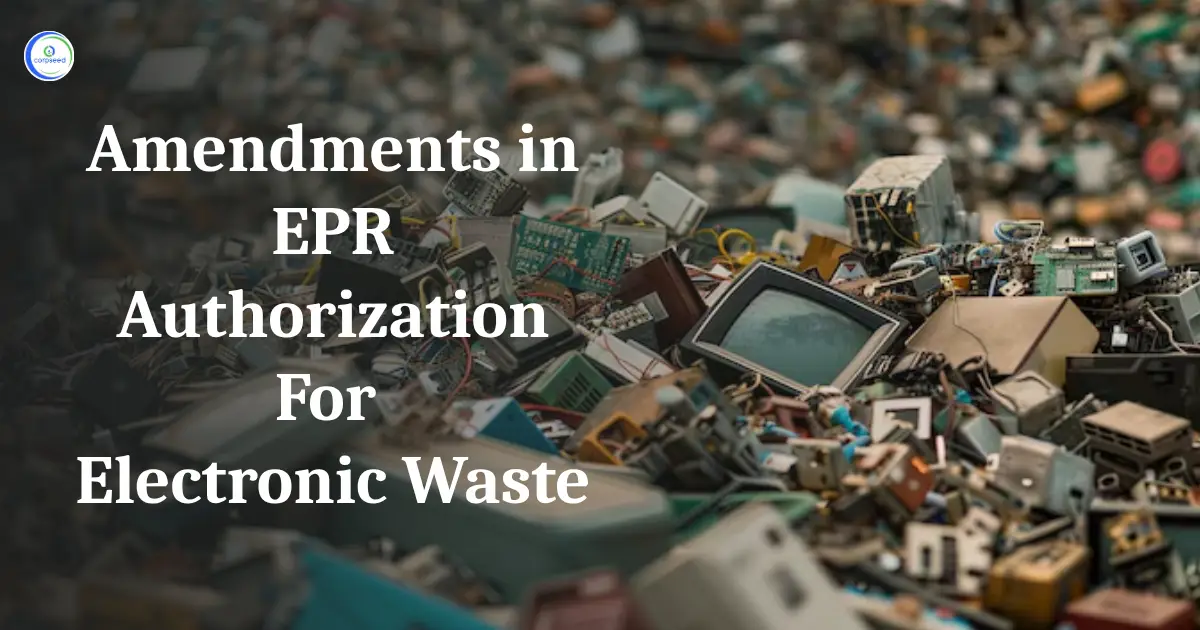
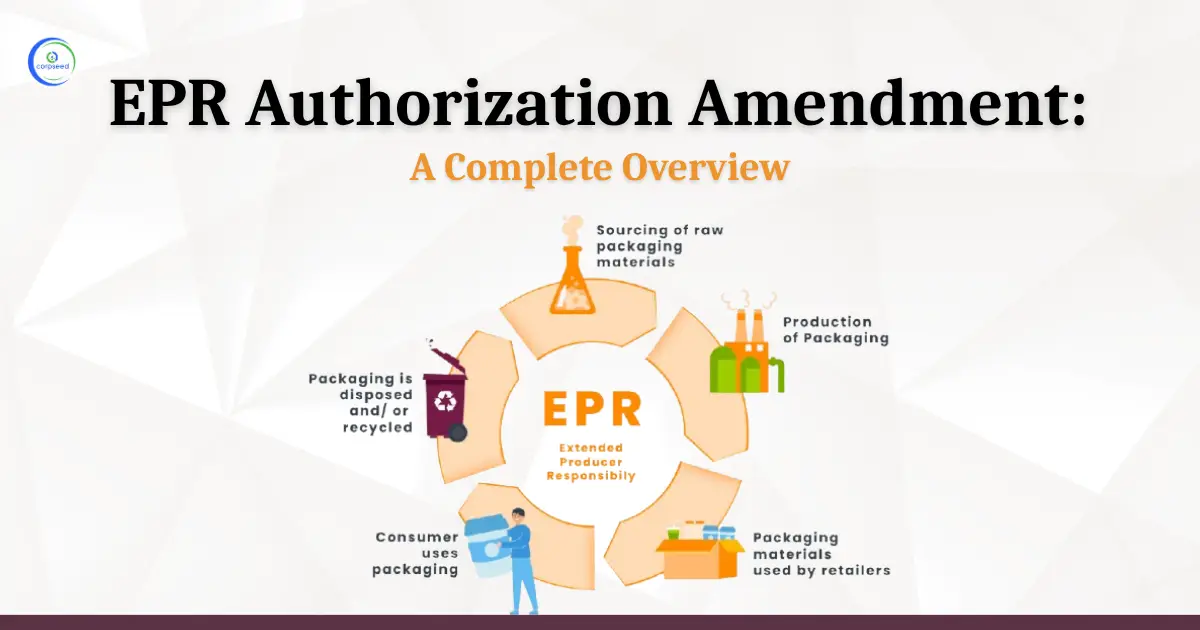
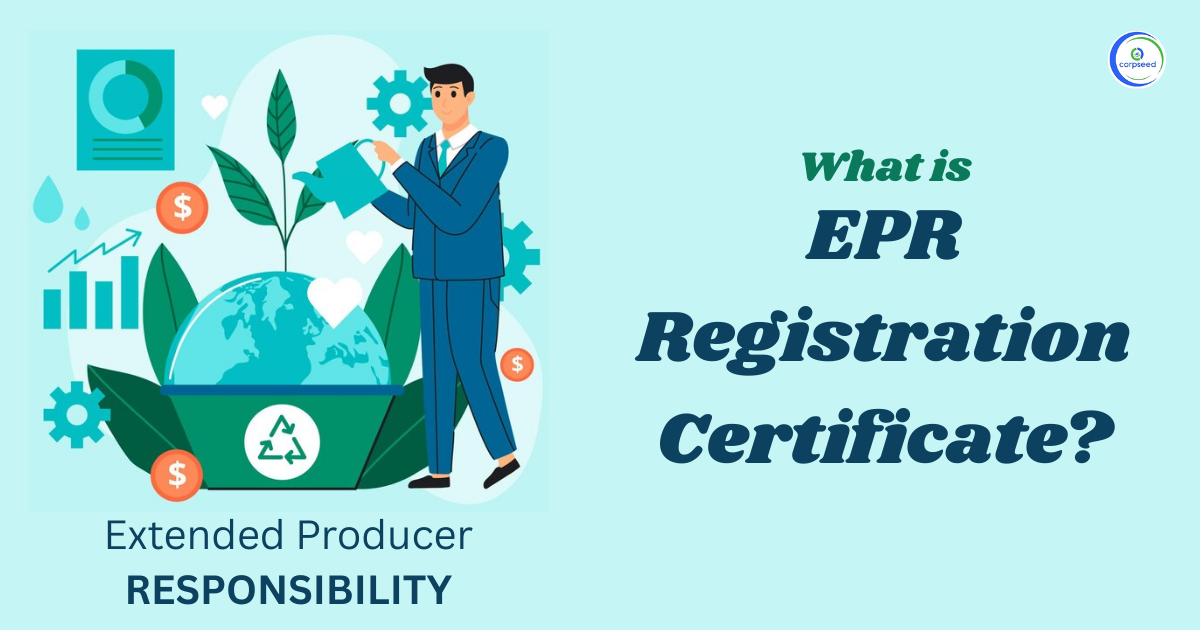
.webp)
